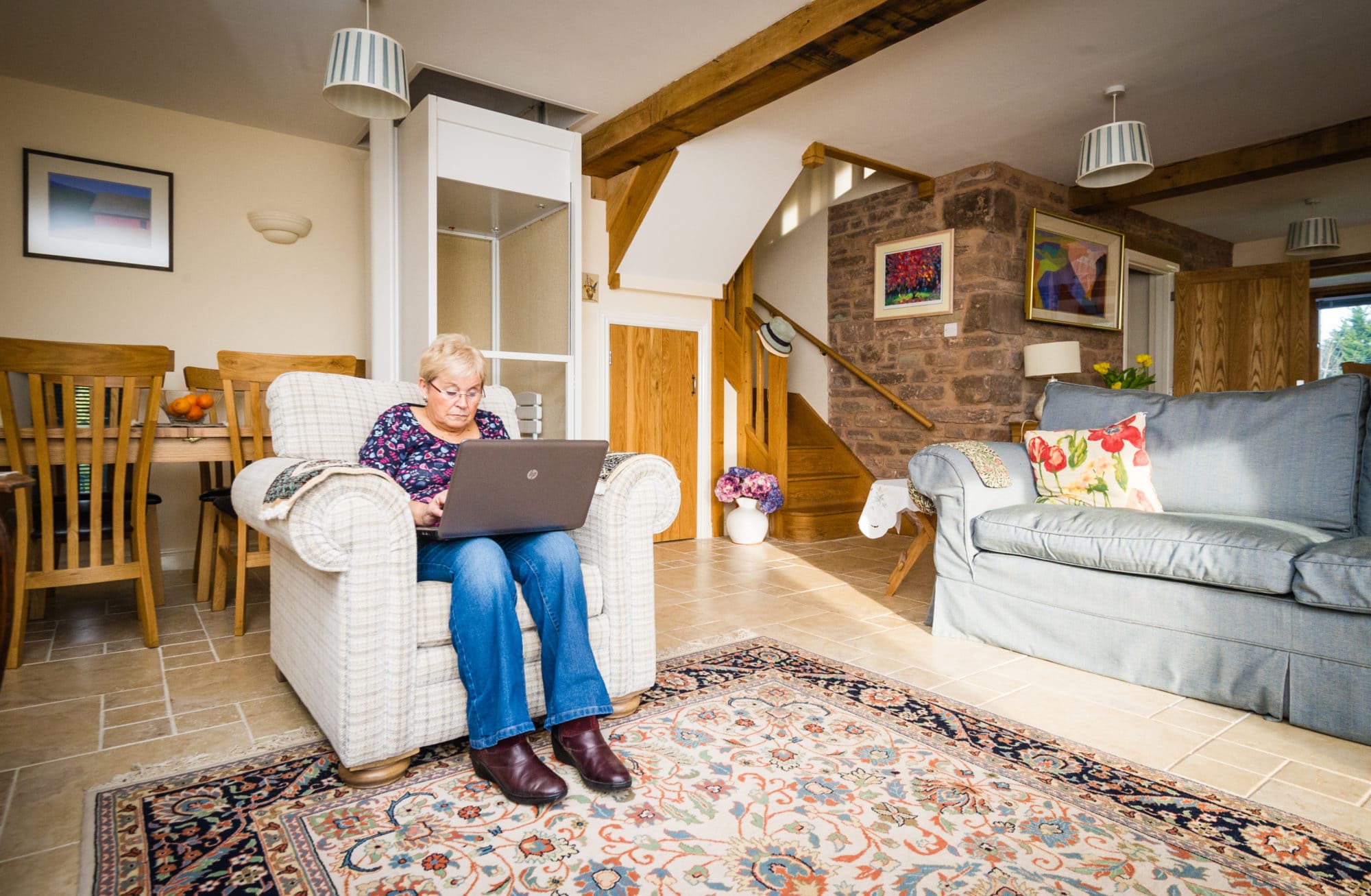Multiple Sclerosis
Multiple Sclerosis (MS) is an auto-immune disease that affects the brain and spinal cord. The immune systems goes from fighting off infections and viruses to turning against itself and attacking nerve cells. The coating that protects the nerves (myelin) is damaged. This causes a range of symptoms such as blurred vision, fatigue, loss of balance, muscle pain and spasms, numbness and tingling, difficulty walking, all which can have a significant impact on mobility.
Self-care and MS
More than 8 out of 10 people with MS have relapsing remitting MS, experiencing episodes of new or worsening symptoms (relapses). These can last a few days, weeks or months then slowly improve. With no warning, an individual must be prepared for a relapse, having the relevant home adaptations and mobility equipment to get through this period. As explained by the NHS, people living with long-term conditions can benefit enormously from being supported to care for themselves. They can live longer, have a better quality of life, be more active and independent. Self-care would include maintaining a good level of physical and mental health and the prevention of illness or accidents. This would include safety in the home.
MS and stairs
Symptoms such a loss of balance and coordination and blurred vision can make tasks like climbing stairs extremely challenging with a high risk of a trip or fall. The physical strain required to climb stairs can also diminish already low energy levels.
Mobility – being prepared
According to the MS Society, most people with MS don’t use a wheelchair. However if MS does affect someone’s mobility, the use of a walking stick, mobility scooter or wheelchair can help retain independence. Being able to deal with the unpredictability and being prepared to manage changes can help those affected by MS retain control and self-esteem. A Stiltz Homelift is a safe and reliable means of moving between floors. It eliminates the risk of trips and falls on the stairs, giving an individual the confidence to live an independent life as their condition progresses.
Notes from our resident Occupational Therapist: “The severity of MS can vary in different patients, and it can have a massive impact on their quality of life. From the effects the disease has on speech through to the loss on control of limbs. If they are to remain at home, adaption will be needed.”
“The severity of MS can vary in different patients, and it can have a massive impact on their quality of life. From the effects the disease has on speech through to the loss on control of limbs. If they are to remain at home, adaption will be needed.”


![]()
Case Study:
Stiltz customer Judy Turner suffers from MS but she is still fully mobile and able to use the stairs. She felt it was important to plan for the future in the eventuality her condition may progress and she may struggle to use the stair or use a wheelchair. Judy wanted to ensure a solution which meant she did not have to move house and wanted to ensure full use of the stairs whilst mobile. Judy felt a stairlift would not be a safe option as transferring from the chair to the lift and back again could prove very difficult – if not impossible; even with help from a carer.
Read Mrs Turner’s Customer Story here – this link will open in a separate window.


